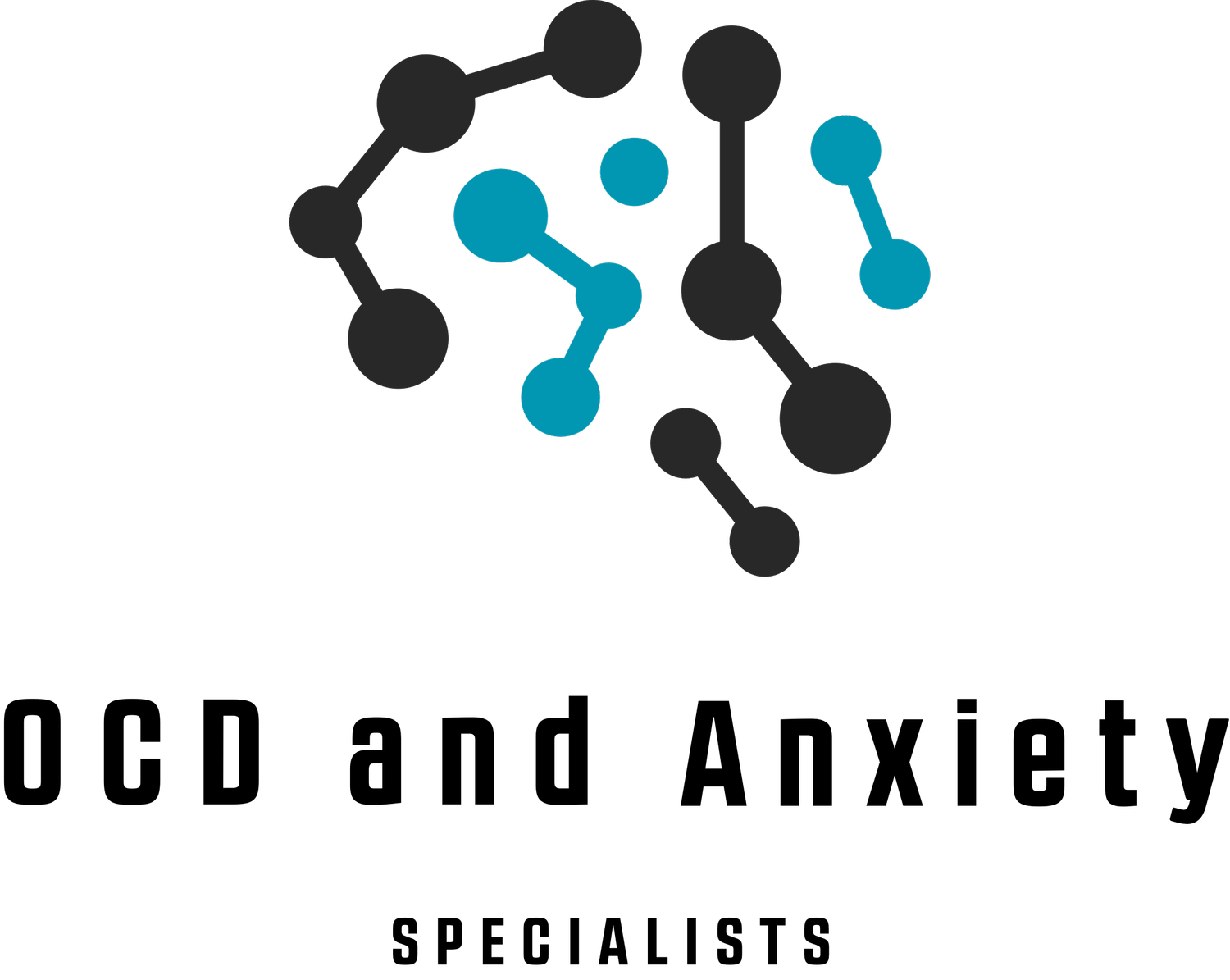Suicide/ Self Harm OCD
Suicide/ Self Harm OCD: Symptoms and Treatment
Obsessive-compulsive disorder (OCD) is a mental health condition that affects millions of people worldwide. While many people are familiar with the classic symptoms of OCD, such as compulsive hand washing or checking behaviors, there is another subtype of OCD that is less well-known but can be just as distressing: suicidal/self-harm OCD.
Symptoms of Suicide/ Self Harm OCD
Suicidal/self-harm OCD is a subtype of OCD that involves intrusive and distressing thoughts, feelings, or perceived urges about harming oneself. People with this condition experience persistent, unwanted, and often graphic thoughts about harming themselves, despite having no intention of actually doing so. These thoughts can be extremely distressing, and individuals with this condition may feel immense anxiety as a result.
One of the main characteristics of suicidal/self-harm OCD is the excessive rumination and analysis of one's own thoughts, feelings, and urges. Individuals with this condition may spend hours analyzing their own thinking, researching, or trying to find ways to suppress or control their thoughts. They may also engage in mental or physical rituals, such as keeping their hands in their pockets to prevent impulsive actions, hiding or avoiding kitchen knives, and reading self help books to try to anticipate and prevent risk.
Despite having no intention of actually harming themselves , individuals with Suicide/ Self Harm OCD may struggle with intense feelings of fear. They may avoid situations or people that they perceive as triggering, and may experience significant distress when confronted with images or stimuli related to their obsessional thoughts.
Treatment for Suicide/ Self Harm OCD
The good news is that Suicide/ Self Harm OCD, like other forms of OCD, is treatable. Treatment typically involves therapy, medication, or a combination of both, depending on the client’s preferences and needs. Here are some common approaches:
Cognitive Behavioral Therapy (CBT): CBT is a large umbrella under which there are various modalities of therapy. Two of these modalities in particular have large evidence bases for treating OCD. E
Exposure and Response Prevention (ERP) therapy, is considered one of the most effective treatments for OCD, including Suicide/ self harm OCD. ERP involves gradually exposing the individual to their feared thoughts or situations while helping them to resist the urge to engage in compulsive behaviors. This helps to reduce the anxiety and the need for checking or reassurance-seeking behaviors.
Acceptance and Commitment Therapy (ACT) is another CBT that can be very useful for those with OCD. ACT can help individuals with Harm OCD develop skills to tolerate and manage the distress caused by the intrusive thoughts. This therapy focuses on developing mindfulness skills, accepting thoughts without judgment, and commitment to values-based actions.
Medication: Serotonin reuptake inhibitors (SRIs), which are commonly used to treat OCD and other anxiety disorders, may be prescribed by a psychiatrist to help regulate serotonin levels in the brain and reduce symptoms of Harm OCD. Anti-anxiety medications or other psychiatric medications may also be used in combination with SRIs, depending on the individual's needs.
Lifestyle changes: Practicing self-care, engaging in regular exercise, maintaining a healthy diet, and getting enough sleep can all contribute to overall mental well-being and help individuals manage their Harm OCD symptoms.
In conclusion, Suicide/Self Harm OCD is a subtype of OCD that involves intrusive and distressing thoughts about harming oneself or others, despite having no intention of actually doing so. Understanding the symptoms and seeking professional help is crucial in managing and treating this condition.
Therapy for Suicide/ Self harm OCD
It's important to note that treatment for OCD may take time and effort, and progress may be gradual. However, with consistent treatment and support, many individuals with Suicide/ Self harm OCD can experience significant improvement in their symptoms and overall well-being.
Living with OCD can be challenging, but it's important to remember that you are not alone, and help is available. Seeking support from mental health professionals, such as therapists or psychiatrists, who are experienced in treating OCD, can be a crucial step in managing your OCD effectively.
In conclusion, Suicide/ Self Harm OCD is a subtype of OCD that involves intrusive thoughts, images, or urges related to causing harm to oneself . It can have a significant impact on an individual's daily life, relationships, and mental well-being. However, with proper treatment and support, individuals with CD can find relief and learn to manage their symptoms effectively. If are interested in receiving treatment for your Suicide or Self Harm OCD, feel free to reach us here to schedule a free consultation. Remember, there is hope, and effective treatments are available.
